Greenland’s premier doesn’t foresee a US takeover and remains committed to the quest for independence
In a rare interview, Greenland Premier Kim Kielsen says increased U.S. interest does little to change his country's trajectory toward independence.
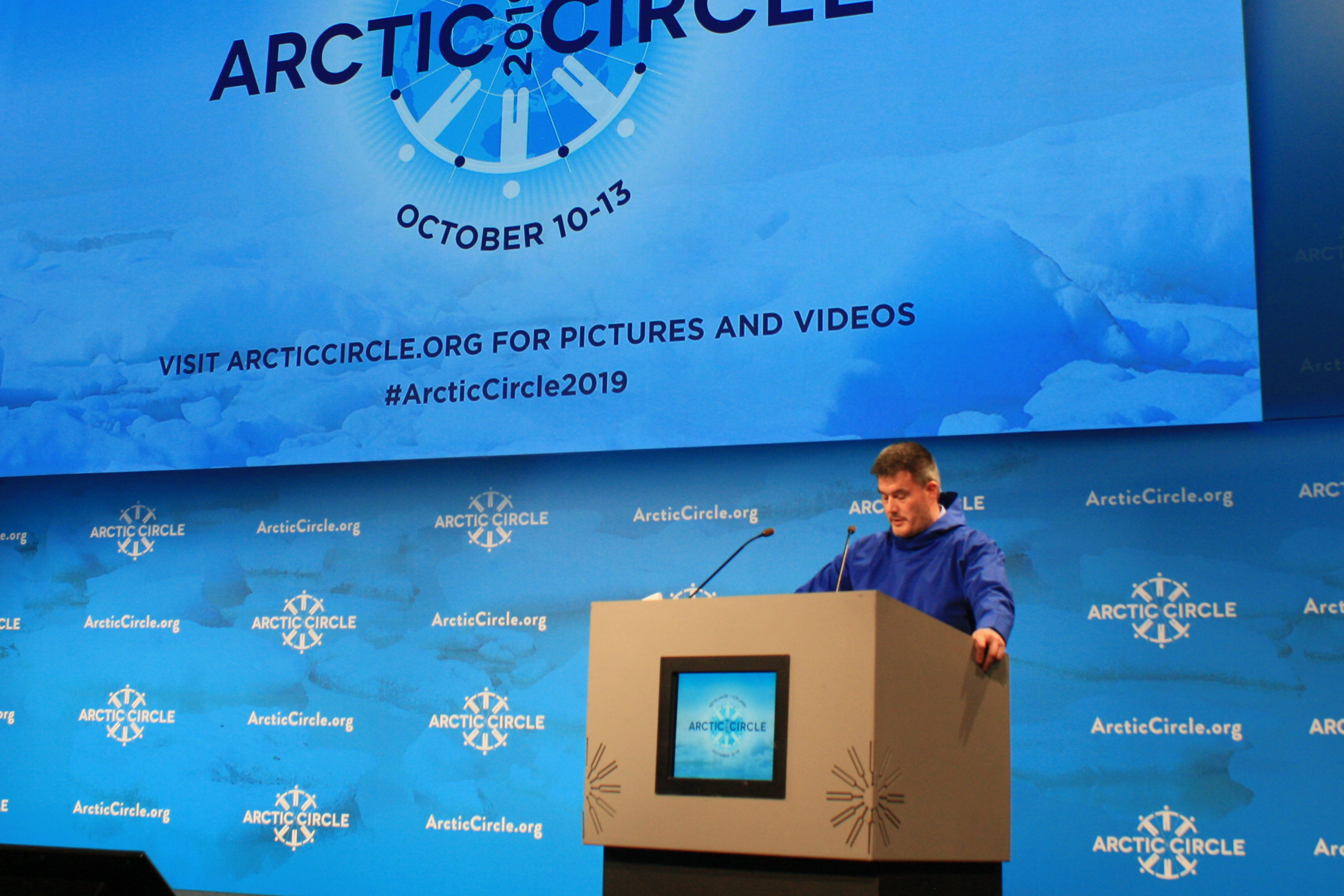
The loud re-awakening of U.S. interest in Greenland, which culminated last August as President Donald Trump confirmed a wish to buy Greenland — its 57,000 inhabitants included — has not changed Greenland’s course towards independence from Denmark, which still holds sovereignty over Greenland. At least not according to Kim Kielsen, Greenland’s premier and head of Greenland’s Self Rule government.
”The mandate we have from our people says that we must work towards independence,” Kielsen told me earlier this month. “There should be no doubt that everything we do is part of this preparatory process. More than 70 percent of our population want us to move towards independence, and it is stipulated in the law on Greenland’s Self Rule how this must happen. That is the mandate we have been given and it has been with us for a very long time.”
We met at his stylish office at Greenland’s representative quarters in Copenhagen, complete with a sealskin carpet, a musk ox hide on the floor and high-end views of Copenhagen Harbor. Kielsen only seldomly agrees to lengthier one-on-one interviews; my last such encounter with him was in 2017. He answers my questions in Greenlandic; he speaks Danish well but wants to be sure no nuance is lost, so a translator is at hand.
During a busy week in Copenhagen he has met with the premier of the Faroe Islands, Bardur Nielsen, and Denmark’s prime minister Mette Frederiksen, who fell out with Trump in August, when she called the president’s idea of buying Greenland “absurd.” The U.S. president publicly dismissed her remarks as “nasty” and cancelled a state visit to Denmark — to Denmark’s great alarm. The two then met at a NATO summit in London in early December and cordial relations seemed to have been restored, but the spectacle left significant uncertainty as to what the United States’ next move in Greenland will be.
[U.S. Coast Guard will broaden Arctic focus to include European Arctic, commandant says]
Following this and other Arctic geopolitical pressures, the number of consultations between the leaders of Denmark, the Faroe Islands and Greenland has skyrocketed.
China is putting pressure on the Faroe Islands to secure an order for the islands’ 5G-network. Frequent American delegations have landed in Nuuk, and Washington is reopening its consulate there after more than 60 years of absence. Safe and encrypted lines of communication are being established between Copenhagen, Nuuk and Torshavn, the capital of the Faroe Islands. The Danish prime minister has called for a tripling of the budget of Denmark’s Arctic Command, just as her predecessor was quick to mobilize Danish funds for two new airports in Greenland when it dawned that China might get involved — and the rest of the world follow these events closely.
At Kielsen’s annual New Year reception in Copenhagen the day before our interview, I counted more foreign ambassadors than ever before, among them Vladimir Barbin, Russia’s ambassador to Copenhagen and a former Russian Senior Arctic Official. Trump’s stunt in August and the new underlying U.S. emphasis on great power rivalry in the Arctic has put the Faroes and Greenland in focus and in Denmark a particular line of thinking has evolved.
This thinking goes in essence, that Greenland’s political leaders will now be likely to re-think Greenland’s path to the future and tone down their desire to secede from Denmark.
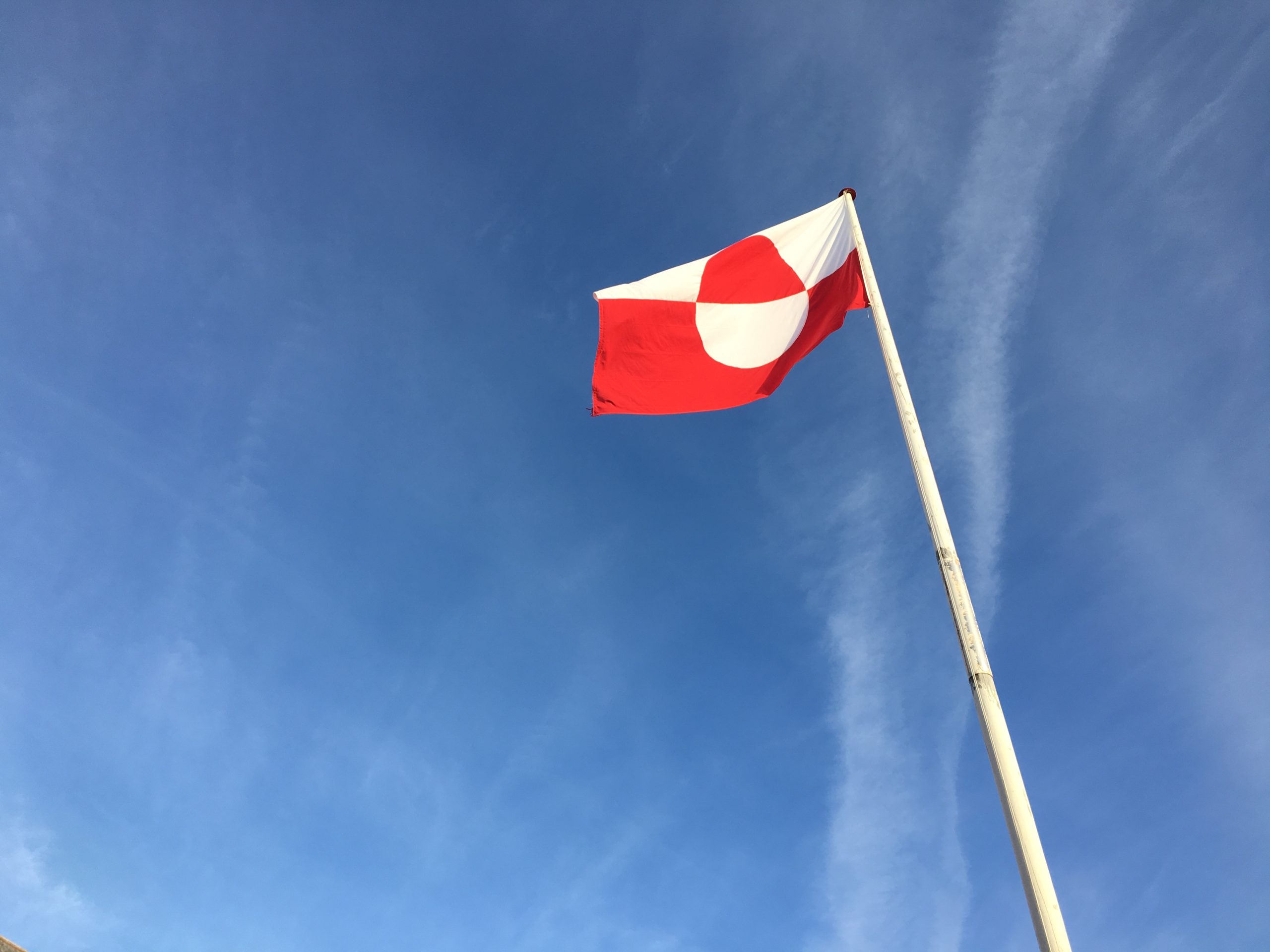
The proponents of this theory, who air their thoughts in newspaper editorials and the like, have suggested that the very palpable U.S. interest in Greenland will make the politicians in Nuuk realize that the alternative to being part of the Danish Kingdom is not a future in unhindered freedom, a seat at the U.N., the right to fly the Greenlandic flag at the Olympics and a full-fledged membership of the international community as an upright equal.
A Greenland without ties to Denmark would rather — or so this line of thinking goes — would find that the U.S. will never accept other than total military control over all of Greenland’s territory. A Greenland no longer under Danish — and very U.S.-friendly — sovereignty would therefore, the arguments goes, more likely end up as some sort of Arctic enclave, a poor unincorporated U.S. territory like Puerto Rico or the U.S. Virgin Islands, which Denmark sold to the U.S. in 1916 and whose inhabitants, many of whom live below the poverty line, still have no voting rights in the U.S.
[Greenland is disappointed over its absence from US-Denmark ‘Arctic question’ discussion]
But Kielsen does not agree with any part of this line of thinking at all.
“It is a little disheartening when people talk about us in that way. As if we would let ourselves be taken over by the U.S.; as if we are not capable of doing anything by ourselves,” he says. Basically, he does not find that the increased U.S. interest has altered the political situation in Greenland.
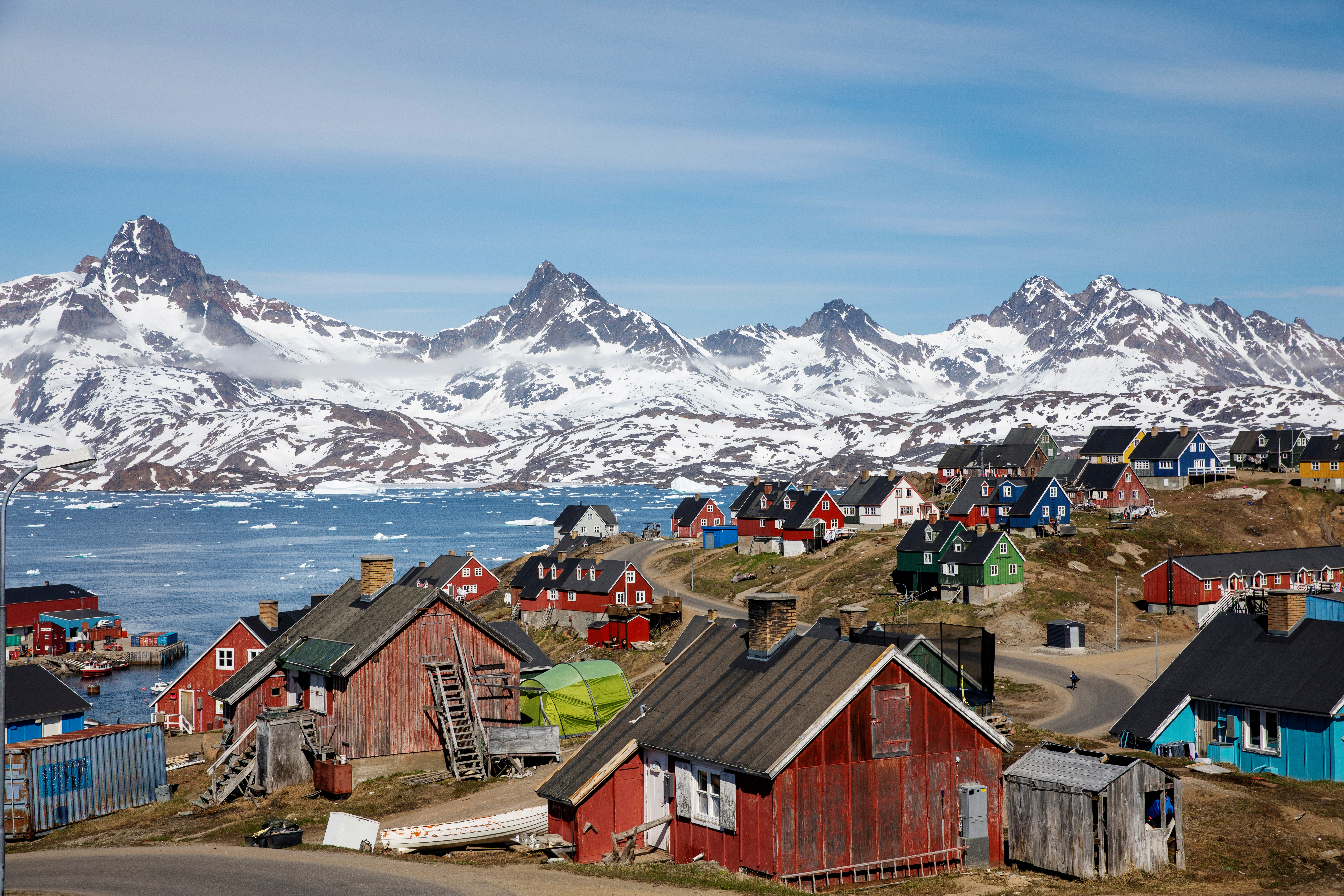
Kielsen is not universally popular in Greenland. In November, several thousand people, which is a substantial crowd in those parts, took to the streets to voice their discontent with new taxes on sugar, tobacco and other goods. The former mayor of Nuuk, Asii Chemnitz Narup, called Kielsen a “catastrophe for Greenland.”
But when it comes to the larger questions of Greenland’s relations with the U.S. and Denmark and the quest for independence there is relatively wide agreement.
Atassut, a small liberal party, recently re-discovered its former faith in the union with Denmark — but it only commands two of the 31 seats in Inatsisartut, the parliament in Nuuk, and when the news broke the party deputy chairman quickly absconded and joined the more independence-prone Naleraq party. A third lone member of parliament from the Cooperation Party also supports the constitutional bond with Denmark.
But all of the larger mainstream parties still share the vision of a gradual takeover of still more political power from Denmark and full Greenlandic sovereignty – some undisclosed distant day in the in the future. A poll in 2018 found that 67.7 percent of the electorate support this approach.
“Our connection to the Danish realm remains the same as it has been all along,“ Kielsen says. “The fact that the U.S. shows its interest does not necessarily mean that the Americans have come to take over Greenland or that they aim to be our new masters. That is not the way it works. We evaluate and weigh our relations with the rest of the world on an ongoing basis, and you don’t suddenly become more enthused with one kind of foreign dominance than with another. We are working on being ourselves and on ruling over our own affairs and that is unaffected by the new developments.”
Look at Iceland
He turns a drinking glass on its head on the coffee table between us:
“We are working towards independence, but it is not a goal in itself that we should end up isolated as if we sat in this glass,” he says and points a finger at the closed space inside the glass.
“We are an open part of the world community and we expect that in the case of our independence, the world community will act according to the norms and standards that we are all part of, and that also the greater powers will respect the world order that we are all subjects to,” he says.
He expects that Greenland in the course of gaining independence will confirm a number of existing international alliances and enter into new ones that will safeguard the newborn state, and he points towards Iceland, which severed its last ties to the Danish kingdom only in 1944.
“We are geographically close to the U.S., but Iceland is also in this region, and the U.S. has obviously not taken over Iceland,“ he says.
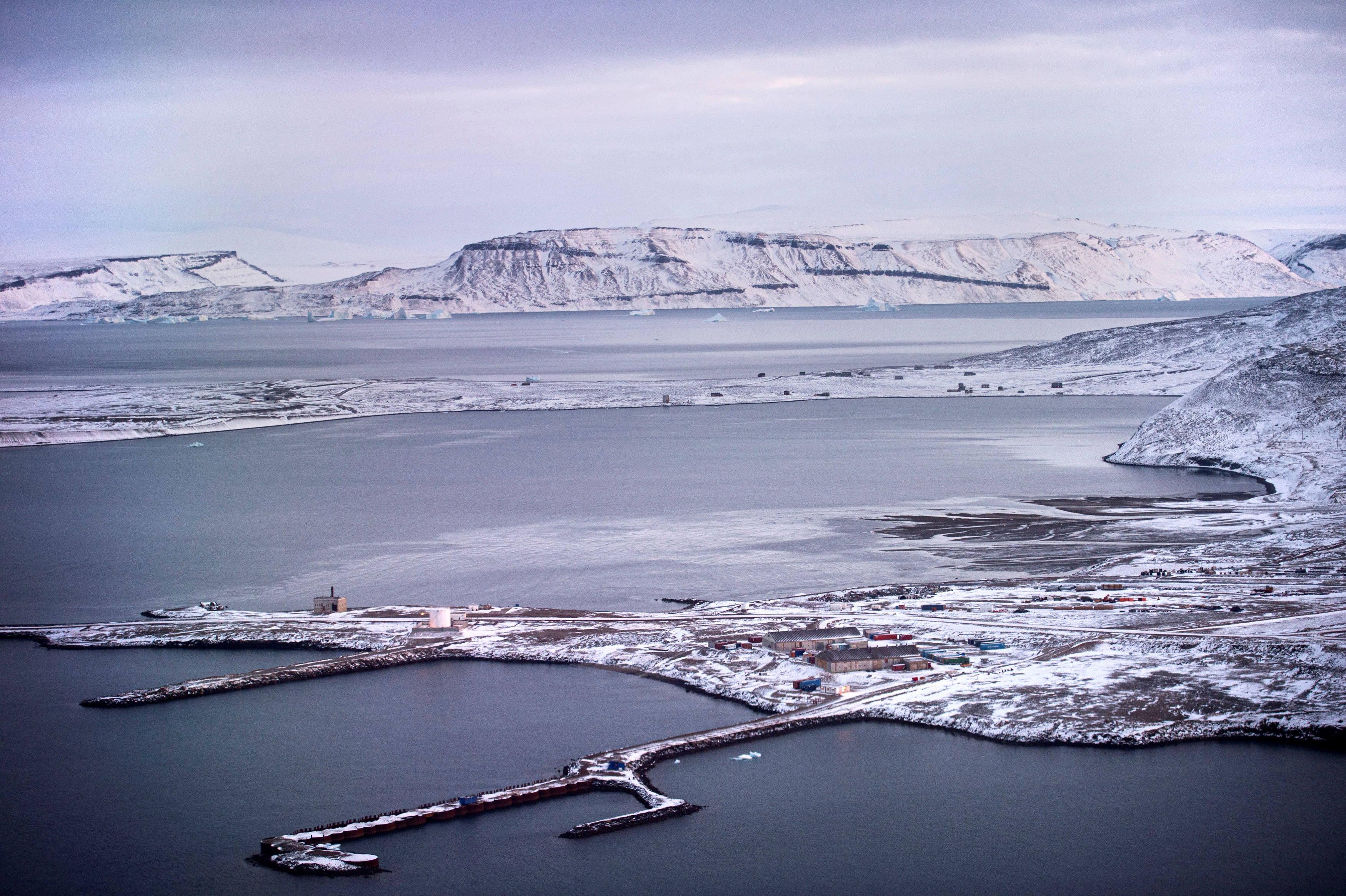
Neither does he fear the prospect of an increased U.S. military presence in Greenland. The U.S. military signaled an unspecified wish to increase its footprint in Greenland beyond Thule Air Base in the far north. The U.S. is responding to a Russian military buildup in the Arctic and to China’s economic and political inroads in the region. Like the Danish prime minister, Kielsen has made it clear that he is not opposed to a stronger U.S. military presence in Greenland, even if he has certain reservations:
“We a fully aware of the security situation. There are people from the east who take an interest in Greenland, and that worries the Americans,” he says.
“It is beyond discussion that we will remain part of the western world and part of the NATO domain. That contributes to our own safety, but any military expansion or change that involves Greenland can only happen if we are part of the decision making. Our people do not want installations in Greenland that would make us a prime target in the case of larger conflicts,” he says.
[Russia’s hypersonic missiles could be why Donald Trump wants to buy Greenland]
In his speech to the foreign diplomats in Copenhagen last week he stressed how new military measures in Greenland must also be to the benefit of Greenlands’ own inhabitants. Both Nuuk and Copenhagen are contemplating how to ensure that any new infrastructure financed by the U.S. in Greenland will be beneficial also to civil life in Greenland.
Denmark still closest
Central to Kielsen’s thinking on the future is also his expectation that cooperation with Denmark will continue — both before and after potential independence. In November, he explained to Sermitsiaq, Greenland’s main weekly, that the current relationship with Denmark in his opinion is “fine, strong and solid.”
“If I was to decide, this cooperation would continue also after the day when we begin to stand on our own feet,” he said.
The perception among Kielsen and his allies in Nuuk is that cooperation with Denmark on defense, foreign affairs, monetary issues, the Danish Royal House and other key issues could in principle well continue even if Greenland should become a sovereign state. Kielsen believes that Denmark would also be interested: Greenland forms 98 percent of the territory of the Danish Kingdom and Greenland is Denmark’s only ticket to all the new features of the Arctic — the new shipping routes, minerals, fish, oil, gas, power and international recognition.
“Denmark will remain a very natural partner,” he says and confirms what he said to Sermitsiaq in November: “The (Danish) state has understood our burning desire and supports our wish for development and greater self-determination, and that is reassuring,” he said.
He explains to me how he cooperated well with Lars Løkke Rasmussen, Denmark’s former prime minister, and that his working relations with Denmark’s current prime minister Mette Frederiksen is exemplary. The two established unusually cordial working relations in 2016 when Frederiksen made her first ever visit to Greenland.
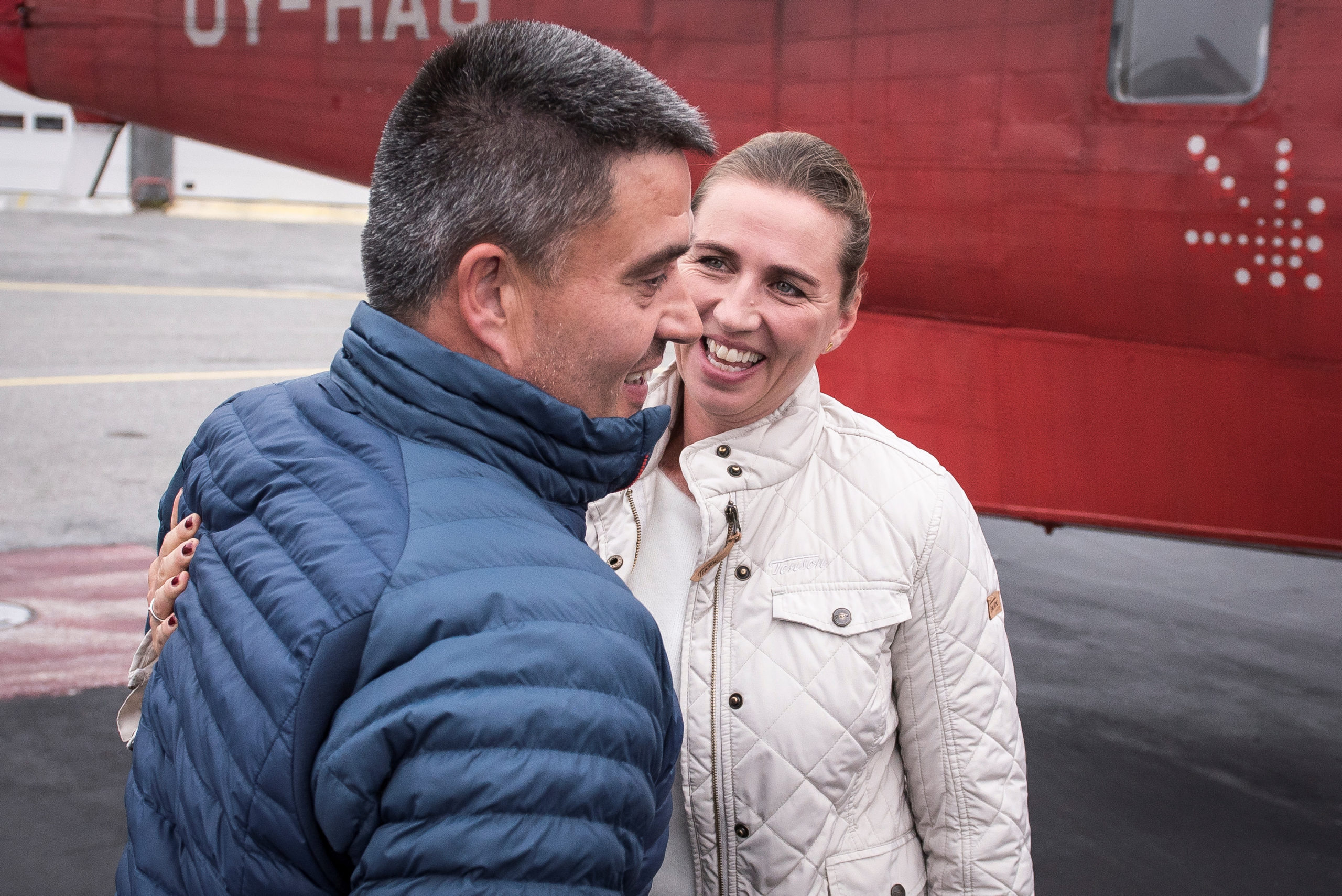
In August last year, when Donald Trump made his remarks about “a large real estate deal”, Frederiksen won many hearts in Nuuk, when she refrained from reminding the president that Greenland is part of the Danish kingdom and instead firmly stated that “Greenland is not Danish. Greenland is Greenlandic.”
Greenland’s most influential political retiree, Lars Emil Johansen, a former leader of Siumut, Kielsen’s party, eagerly quoted Frederiksen on Facebook and later told a Danish newspaper that “seen from a Greenlandic perspective, Mette Frederiksen is the most constructive and accommodating prime minister Denmark has ever had.”
Kielsen finds that the Danish authorities cooperate ever more constructively with his own administration in Nuuk to strengthen Greenland, to boost the level of education, to battle the social ills and to fortify Greenland’s economy — all of which is exactly what Kielsen believes is needed to prepare Greenland for independence and a new relationship with Denmark.
“I have never tried to hide that we face large challenges which first have to be solved. There is no contradiction between being part of the Danish realm and at the same time work towards independence,” he says.
Troubled children
In his new year TV-address in Greenland, Kielsen expressed his gratitude for a recent Danish grant of some 80 million Danish kroner ($12 million) to the many child victims of sexual abuse in Greenland. He tells me how the number of sexual assaults on children in Greenland has dropped by some 50 percent in the course of one generation. He notes the many strong and healthy families in Greenland, but his main point is that “one case of child abuse is one too many. An acceptable level does not exist,” he says.
Critics in Greenland find that his government still does too little, but revamped cooperation with Copenhagen has now led to a new plan of action for the kids. A team of Danish social workers have been dispatched to Greenland and more are to follow. Kielsen tells me about his early years as a police officer:
“I remember how a small girl once ran towards me with blood between her legs and how she threw herself at me. It is stuff like that which make me repeat over and over that it has to stop,” he says.
I ask him if he agrees, as most decision makers in Denmark do, that the new Danish funds for the victimized children plus the 1.6 billion Danish kroner for the two new airports plus the main annual grant from Denmark of some 3.6 billion Danish kroner — which covers more than 50 percent of the budget of Kielsen’s government — illustrates that Greenland will be better off as part of the Danish kingdom?
He brushes me aside: “Freedom cannot be measured in monetary terms,” he says and then repeats his main message: “We have many problems that must be solved first, but our mandate is clear. It will only be our children or their descendants who will make the final decision, but if those of us who are responsible today are still healthy when the day comes, we will know where to cast our lot,” he says.
A few days after our interview unnamed sources told Sermitsiaq, a news site in Nuuk, that Kielsen has decided to run for another term as chairman of Siumut, Greenland’s main political party, when a party congress takes place this summer. This is contrary to earlier statements from Kielsen that he was likely to step down. Should he decide to run for another term, he is likely to continue also as head of Greenland’s Self Rule government. A Siumut party leader has been head of the government in Nuuk for all but four years since 1979.